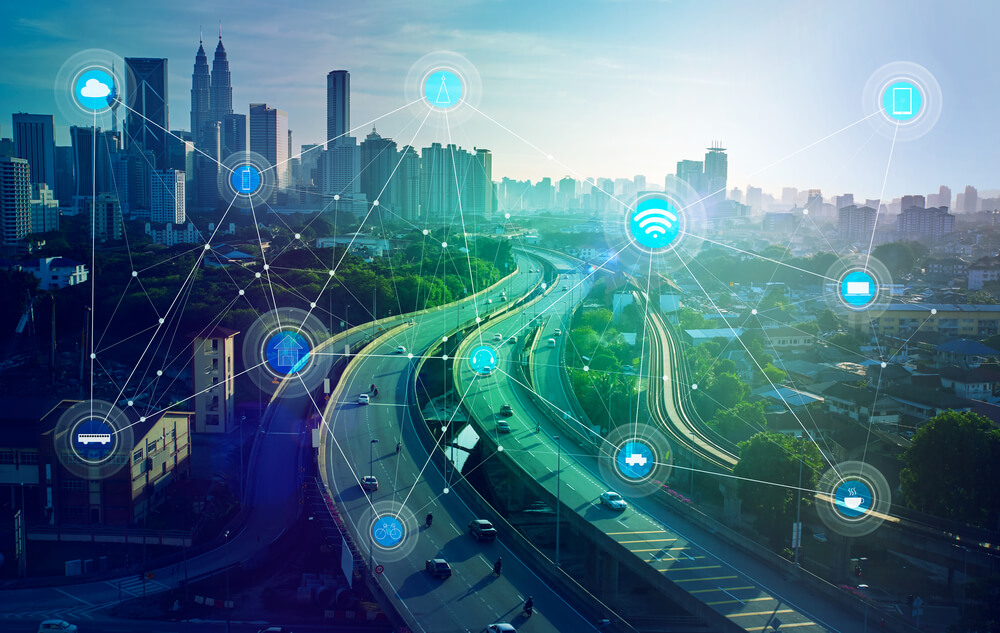Smart cities must be cyber‑smart cities
- by 7wData

You’ve probably heard the term “smart cities” – that is, the idea that extensive use of Information and Communications Technology (ICT) to monitor energy, utilities and transportation infrastructure can lead to cost savings, reduction of environmental impact and faster fault resolution.
The benefits are obvious. If a street lamp fails, and can tell you so, you can replace it more quickly. If you can control traffic more efficiently, you’ll reduce smog and noise, and reduce overall journey times. If you can tie AC/heating to ambient temperature in a fine-grained way, you can reduce power consumption and wastage. If you can track traffic in real time, you can plan the best routes for emergency response vehicles.
Most national governments have committed to the Paris Agreement, and therefore need to reach targets for reduced carbon emissions. These targets necessarily pass down to the regional and municipal levels, and the implementation of smart technologies in urban areas has a large part to play in achieving those goals. However, where there are complex, interconnected, computer-controlled networks of thousands of Internet of Things (IoT) sensors and devices, all sorts of alarm bells start to ring in the minds of cybersecurity practitioners.
ESET researchers have analyzed malware (e.g. here and here) that was most probably used in several attacks against the energy industry and ultimately caused power outages. This sort of disruption has major effects on people’s lives, and intermittent or unreliable power does not take long to cause problems. Foods and medicines start to decay rapidly as refrigeration and freezers start to heat up. Hospitals must reduce power consumption to the essentials. Petrol pumps don’t work (nor for that matter do smart vehicle charging stations), traffic light systems go down, buildings start to over-heat, or over-cool. Street lighting stops working. Electronic payment doesn’t work, wages may not be paid, ATMs don’t dispense cash. You can’t recharge your phone or your laptop. Your insulin pump won’t charge, your CPAP (continuous positive airway pressure) device won’t work, nor will your remote monitoring systems, your security cameras – or your coffee machine! It doesn’t take much to understand that in these circumstances chaos quickly ensues.
We can also imagine more subtle attacks than total electricity outages.
[Social9_Share class=”s9-widget-wrapper”]
You Might Be Interested In
Smart cities must be cyber‑smart cities
27 Oct, 2019You’ve probably heard the term “smart cities” – that is, the idea that extensive use of Information and Communications Technology …
Smart cities must be cyber‑smart cities
27 Oct, 2019You’ve probably heard the term “smart cities” – that is, the idea that extensive use of Information and Communications Technology …
Smart cities must be cyber‑smart cities
27 Oct, 2019You’ve probably heard the term “smart cities” – that is, the idea that extensive use of Information and Communications Technology …
Recent Jobs
Do You Want to Share Your Story?
Bring your insights on Data, Visualization, Innovation or Business Agility to our community. Let them learn from your experience.
Privacy Overview
Get the 3 STEPS
To Drive Analytics Adoption
And manage change


